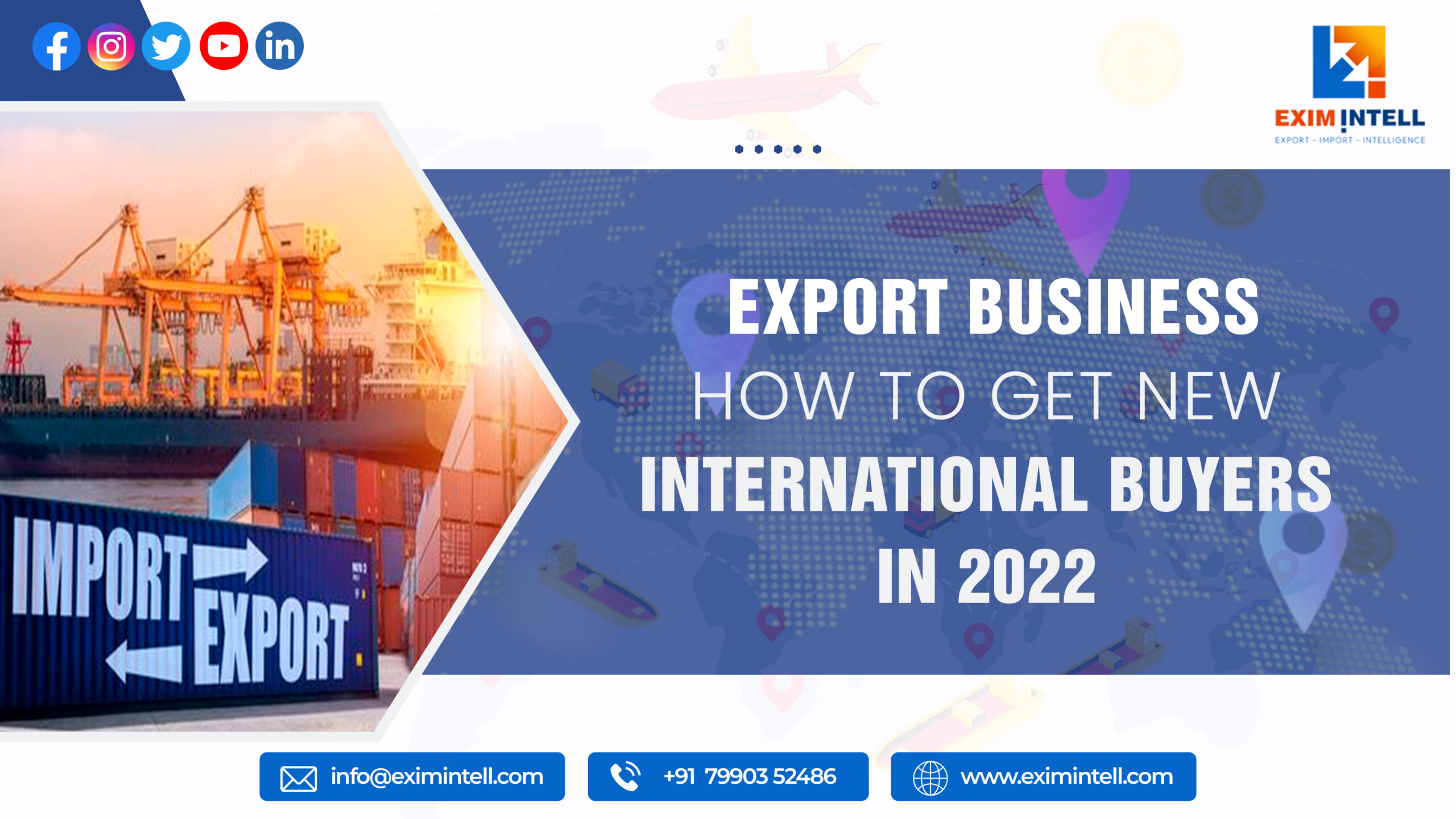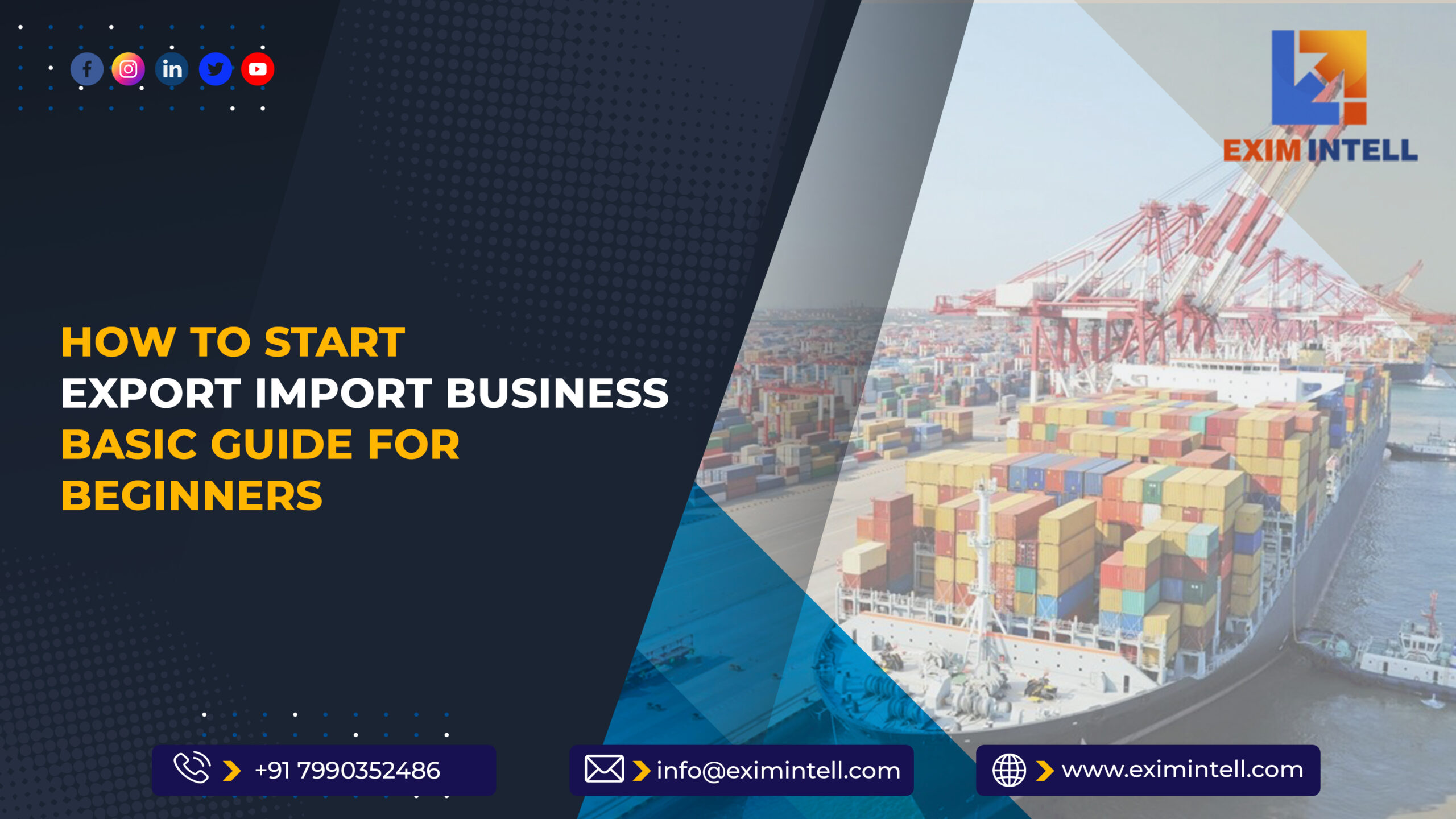Are you looking to establish an Export-Import Business in India but have no clue where to start? Don’t worry; we’ve got your back! Starting a new venture can be daunting, and it’s natural to feel overwhelmed. However, with the right guidance and information, you can successfully launch your own Export-Import Business in India. We’re here to help freshers like you navigate the complex process of starting an Export-Import business from scratch. So, without further ado, let’s dive into our step-by-step guide on how to start an Export-Import Business in India for beginners!
Overview of Export-Import Business
The Export- Import Business is one of the most popular businesses in India. It involves the buying and selling of products and services from one country to another. There are many reasons why people start an Export- Import Business, but the most common reason is to make money.
There are a few things that you need to know before starting an Export-Import Business in India. The first thing is that you need to have a good knowledge of the market. You should know what products are in demand and what prices they are fetching in the international market. You should also be aware of the procedures and formalities involved in importing and exporting goods.
Another important factor is to have good networking skills. You should be able to connect with people who can help you in your business venture. This includes manufacturers, suppliers, customers, etc.
Last but not the least; you should have adequate capital to start your business. This is because the Export-Import Business requires a lot of investment upfront. Once you have all these things sorted out, you can start your own Export-Import Business in India!
Requirements for Starting an Export- Import Business in India
- Before starting an Export- Import Business in India, it is necessary to obtain a Registration Certificate from the Registrar of Companies.
- Once the registration formalities are completed and the minimum capital requirements are met, you need to obtain the following licenses and registrations:
-IEC Code from Directorate General of Foreign Trade (DGFT)
-Import Export License from Ministry of Commerce and Industry
-Customs Clearance License from Central Board of Excise and Customs (CBEC)
-Bank Registration Certificate from Reserve Bank of India (RBI)
- In addition to the above registrations and licenses, you also need to comply with various other regulations relating to customs, excise duty, foreign exchange management etc.
Advantages of Starting an Export- Import Business in India
Advantages of Starting an Export-Import Business in India:
Choosing to start an Export-Import Business in India has many advantages. Firstly, India is a vast country with a population of over 1.3 billion people, which offers a large potential customer base for your products and services. Secondly, India has a very diverse economy, which means that there are opportunities to trade with many different types of businesses and countries.
Thirdly, India has a number of free trade agreements (FTAs) with other countries, which can provide preferential treatment for Indian businesses when it comes to tariffs and duties. Finally, the Indian government offers a number of incentives and support programs for businesses involved in international trade, which can make starting and operating an Export-Import Business in India much easier than in other countries.
Steps to Start an Export- Import Business in India
Assuming that you have already taken care of the legalities involved in setting up a business in India, here are a few tips to help you get started with your Export- Import Business:
- Research your products and markets: This is crucial to determine what products you want to import or export, and which markets you want to target. Consider factors such as demand, competition, price points and margin potential.
- Find reliable suppliers and buyers: Once you know what you want to trade, the next step is to find reliable suppliers and buyers. This includes researching potential partners, conducting due diligence and assessing creditworthiness.
- Develop a marketing plan: This will involve identifying your target market, designing promotional materials and developing a sales strategy. It’s important to make sure your marketing efforts are aligned with your overall business goals.
- Get the necessary permits and licenses: Depending on the products you’re trading, you may need to obtain certain permits and licenses from the government. Make sure you’re familiar with the regulations governing your sector so that you can comply with all the requirements.
- Familiarize yourself with customs procedures: The final step is to ensure that all your shipments are processed smoothly through customs. This includes preparing all the required documentation, paying any duties and taxes applicable, and following the specified timelines.
Challenges Faced by Freshers in the Indian Export- Import Business
Freshers in the Indian Export- Import Business face many challenges. The most common challenge is finding buyers or sellers for their products. This can be difficult because there is a lot of competition in the market and many businesses are not willing to take on the risk of working with a new company. Another challenge is navigating the complex regulations and procedures involved in importing and exporting products.
This can be confusing and time-consuming, especially for those who are new to the business. Finally, freshers also need to be aware of the potential scams and frauds that exist in this industry. There are many people who will try to take advantage of inexperienced businesses, so it is important to be cautious and learn as much as possible about the process before getting started.
Tips and Strategies for Running a Successful Indian Export- Import Business
There are a few things you should keep in mind when starting anExport-Import Business in India:
- Firstly, you need to have a good understanding of the import/export rules and regulations in India. This will ensure that your business is legal and compliant with all the necessary laws.
- You should also have a thorough knowledge of the products you want to trade in. This includes understanding the properties, quality, pricing, and availability of the product.
- It is also important to develop a good network of suppliers, customers, and other businesses involved in the trade. This will help you get the best deals and avoid any complications during transactions.
- Finally, you need to have a strong financial foundation to support your business operations. This includes having enough capital to invest in inventory, cover expenses, and expand your business gradually.
Conclusion
Starting an Export-Import Business in India for freshers can seem intimidating at first, but with the right information and knowledge about Indian customs regulations and procedures, it is a viable and potentially lucrative endeavor.
Researching existing businesses as well as learning from industry leaders who have experience working in this sector will be invaluable when setting up your own Export- Import Business.
Additionally, investing in quality software that simplifies documentation tasks such as GST filing will also help make the process smoother. With dedication and some guidance, starting an Export- Import Business could be the perfect option for ambitious entrepreneurs ready to embark on a new venture.






